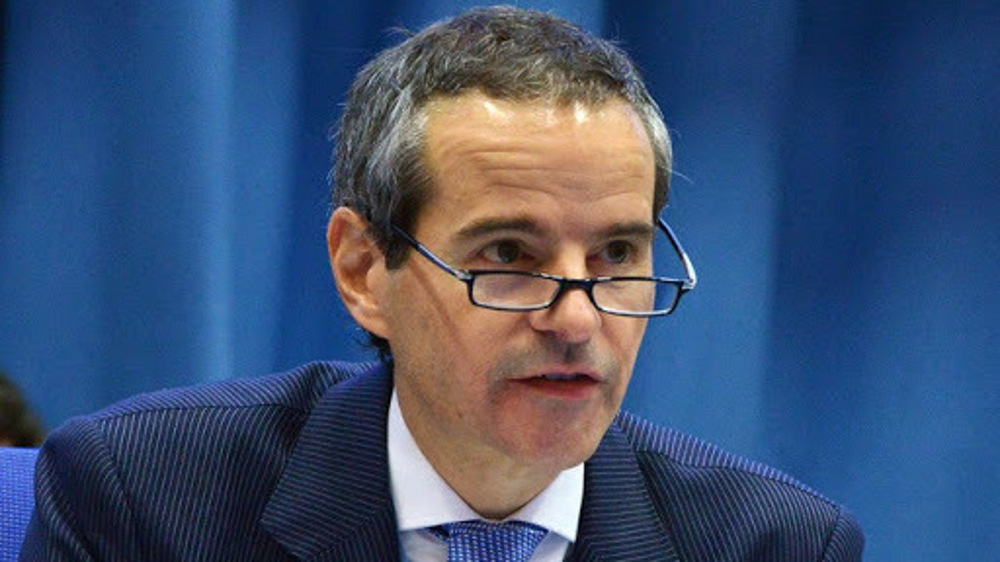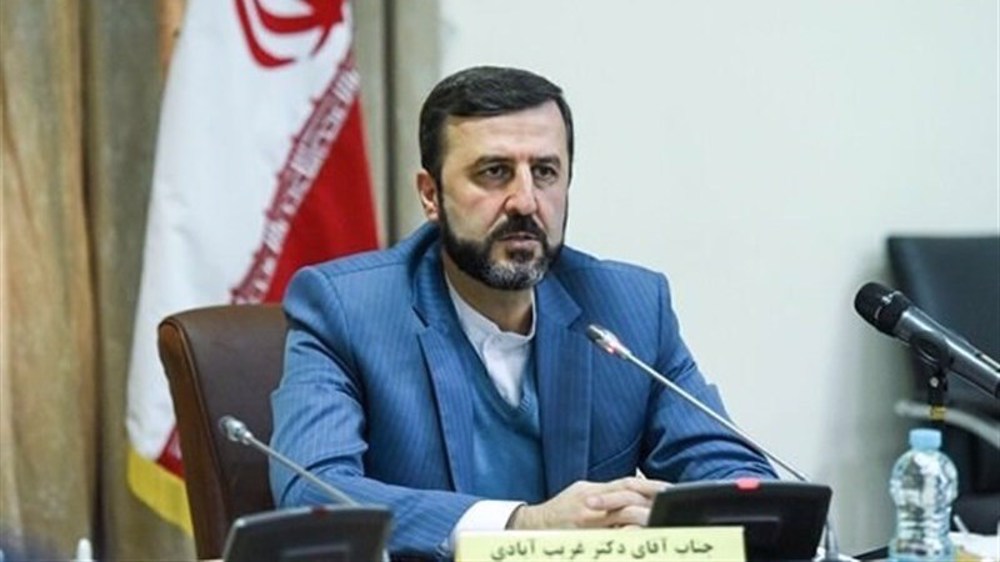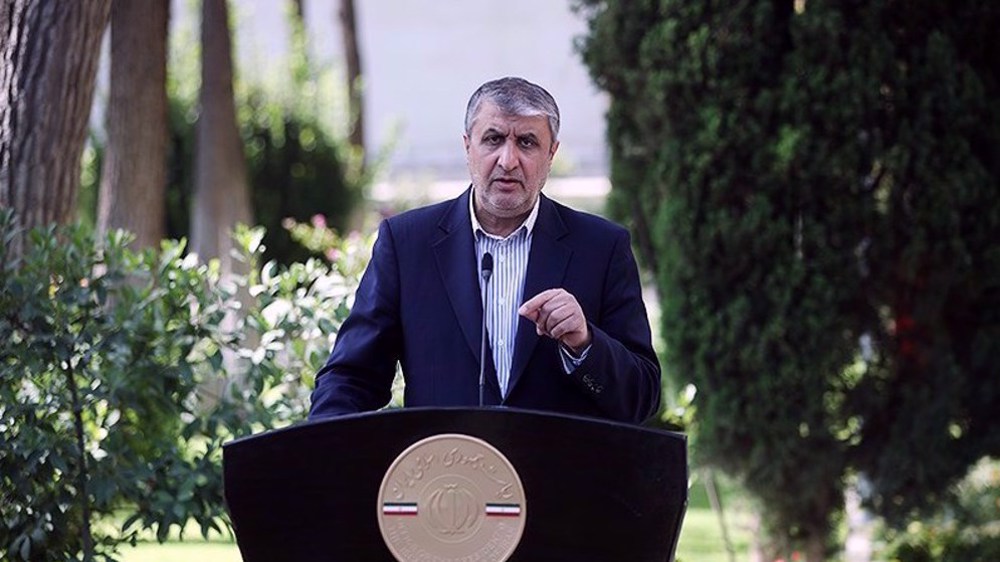Iran nuclear inspections should not be used as bargaining chip in talks: IAEA
The director general of the International Atomic Energy Agency (IAEA) says he has asked all parties to the landmark nuclear deal with Iran not to use the agency’s inspections as a bargaining chip during any future talks, but use them as a basis to achieve an agreement.
Rafael Grossi made the remarks in an interview with Spanish-language newspaper El Páis through videoconferencing from his office in Vienna on Monday.
“I have told both the Iranians and the other parties to the JCPOA (the nuclear deal, officially known as the Joint Comprehensive Plan of Action) not to put IAEA inspections on the negotiating list. The inspections cannot be used as a reward or a punishment, but the indispensable base on which [an agreement] can be built...,” he said.
Grossi made the comments in reference to a recent deal between Iran and the IAEA, according to which the agency will reduce its inspections of Iran’s nuclear facilities for a period of three months during which its cameras will continue to monitor Iran’s nuclear activities. If after three months, the two sides reach an agreement on further cooperation, the data recorded by those cameras will be handed over to the IAEA; otherwise, Iran will further restrict inspections and delete the data.
Iran decided to reduce its cooperation with the agency after the United States unilaterally withdrew from the JCPOA and reinstated “toughest sanctions” on the Islamic Republic and also in the face of inaction of the European signatories to the deal to take steps to make up for the US withdrawal from the accord and lessen its economic impact on Iran.
As the European co-signatories failed to fulfill their commitments, the Islamic Republic took a set of remedial actions based on Article 36 of the JCPOA, including reduction of its nuclear obligations.
On February 23, Iran stopped the voluntary implementation of the Additional Protocol to the nuclear Non-Proliferation Treaty (NPT)'s Safeguards Agreement that allowed the IAEA to carry out short-notice inspections of the country’s nuclear facilities.
The measure was taken as part of a law, passed by the Iranian Parliament last December, requiring the government to suspend more of its commitments under the nuclear deal, should the US fail to lift its sanctions by February 21.
“What we did was a patchwork to try to keep the bare minimum and that's where diplomacy plays. You have to go, understand them, and know that there is a law that they have approved and that they cannot afford not to comply with,” Grossi said in another part of his interview.
The IAEA chief added that the main goal of his recent visit to Iran was “to find a way to bypass, without deceiving anyone, bypass the provisions of the law and, without having them violate that law, allow us in a technical way to keep our monitoring work. Our cameras will continue to record ... [and] ... the online systems will continue to receive the information, but it remains stored in Iran.”
Asked which parties to the JCPOA, Iran or the US, should take the first step to restore full compliance with the JCPOA, Grossi said, “I believe that everyone has to take steps. Everyone. And they have to do it fast. We try to give diplomacy room to act.... We all know that this is complex.”
Leader of the Islamic Revolution Ayatollah Seyyed Ali Khamenei said on Sunday that the United States must first lift all sanctions it has imposed on Tehran after unilaterally withdrawing from the JCPOA before the Islamic Republic would return to full compliance with its commitments under the deal.
“Americans must lift all sanctions first and then we will verify and if they are truly lifted, then we will return to our [JCPOA] commitments without any problem. We cannot trust the Americans’ promise,” the Leader said in his New Year speech.
Earlier this month, the UN nuclear agency chief said a US return to the 2015 nuclear agreement is “difficult” but still “possible,” calling on Iran’s partners in the deal to seize the three-month chance offered by Tehran as part of a bilateral understanding with the watchdog to revive the nuclear deal.
“They (the US) want to come back. But of course ... there are a number of issues that still need to be clarified. So it’s not impossible. It is difficult, but not impossible,” Grossi said.
Rights group: Israel expediting settlements legalization to block Palestinian state
Israel seeks Zionist colonial gains through recognition of Somaliland: Hamas
VIDEO | Afghan officials reject UNSC claims of terrorist groups’ presence
VIDEO | Resistance is also alive in occupied West Bank
Iran says Israel’s recognition of Somaliland aims to destabilize Red Sea, Horn of Africa
UN renews ceasefire call as over 200 civilians killed in RSF ethnic attacks in Sudan’s Darfur
Iran’s soft power to quench regional thirst for healthy beverages
Ansarullah: South Yemen proxy war meant to help Israeli dominance










 This makes it easy to access the Press TV website
This makes it easy to access the Press TV website